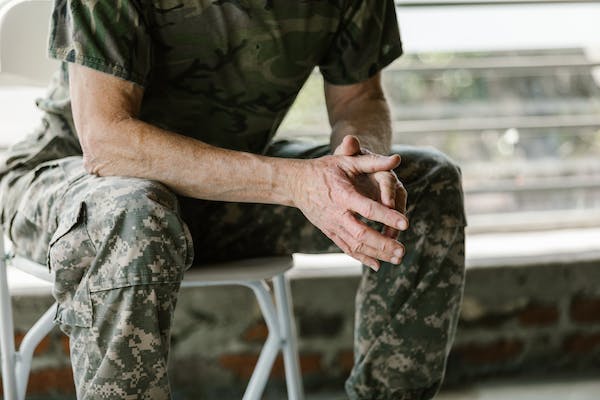
Military service comes with its own set of challenges and demands, from deployments to combat zones to long periods of separation from loved ones. In addition to the stress and trauma associated with military life, service members also face unique challenges when it comes to substance abuse and addiction. In this article, we’ll explore some of the unique challenges that military personnel face when dealing with addiction, as well as potential solutions to support their recovery journey.
Challenges Faced by Military Personnel:
- High-Stress Environment: Military personnel often operate in high-stress environments, with demanding schedules, rigorous training, and exposure to traumatic events. The stressors associated with military life can contribute to substance abuse as individuals seek to cope with the pressure and emotional strain.
- Accessibility of Alcohol and Prescription Drugs: Alcohol is readily available on military bases and at social events, making it easy for service members to develop unhealthy drinking habits. Additionally, prescription drugs may be prescribed to manage pain or mental health conditions, leading to the risk of misuse or addiction.
- Stigma and Barriers to Seeking Help: Despite efforts to promote mental health awareness, stigma still exists within the military culture surrounding issues of addiction and mental health. Service members may be hesitant to seek help for fear of being perceived as weak or facing repercussions from their chain of command.
- Transitions and Reintegration: Transitioning from military to civilian life or returning from deployment can be challenging for service members, as they navigate changes in routine, relationships, and identity. These transitions can increase the risk of substance abuse as individuals struggle to adjust to civilian life and cope with the challenges of reintegration.
Solutions and Support for Recovery:
- Comprehensive Screening and Assessment: Implementing comprehensive screening and assessment protocols can help identify substance abuse issues early and connect service members with appropriate treatment and support services. This can include routine screenings during medical appointments, mental health assessments, and substance abuse counseling.
- Peer Support and Counseling: Peer support groups and counseling services tailored to the unique needs of military personnel can provide a safe and supportive environment for individuals to share their experiences, receive guidance, and connect with others who understand their struggles. Programs such as the Military Assistance Program (MAP) and the Warrior Resilience and Fitness Program offer resources and support for service members facing addiction.
- Holistic Treatment Approaches: Incorporating holistic treatment approaches that address the physical, psychological, and social aspects of addiction can be beneficial for military personnel. This may include evidence-based therapies such as cognitive-behavioral therapy (CBT), trauma-focused therapy, and mindfulness-based interventions, as well as complementary therapies such as yoga, art therapy, and equine therapy.
- Community Partnerships and Collaboration: Collaboration between military organizations, government agencies, and community-based organizations can enhance access to resources and support services for military personnel facing addiction. Partnerships with local treatment facilities, veteran service organizations, and faith-based groups can expand the range of treatment options available and provide additional support networks for service members and their families.
Military personnel facing addiction encounter unique challenges related to their service experiences, stressors, and cultural factors. However, with the right support and resources, recovery is possible. By addressing stigma, implementing comprehensive screening and assessment protocols, providing peer support and counseling, incorporating holistic treatment approaches, and fostering community partnerships, we can better support the men and women who have served our country in overcoming addiction and reclaiming their health and well-being.




